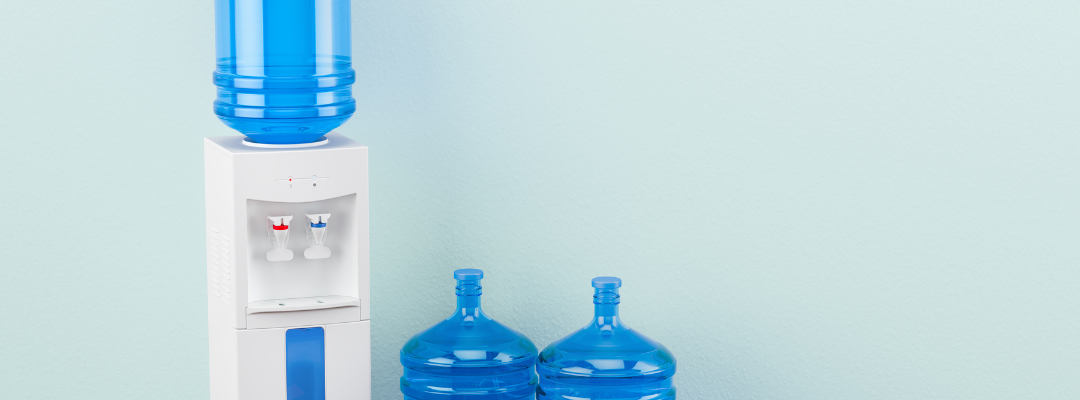In today's health-conscious world, ensuring access to clean and safe drinking water has become a top priority for many households. Tap water, while treated by municipal systems, can still contain contaminants that affect taste and, more importantly, pose health risks. This has led to a surge in the popularity of water filter dispensers, devices that not only provide convenient access to water but also help remove impurities, making it an essential appliance in modern homes. However, with a plethora of options available in the market, choosing the right filter water dispenser for your home can be a daunting task. In this article, we will guide you through the important considerations to help you make an informed decision.
1. Water Quality Analysis
Before embarking on the journey of selecting a water filter dispenser, it's crucial to understand your water quality. Start by obtaining a water quality report from your local municipality or conducting a water test. This will reveal the types of contaminants present in your water, such as chlorine, heavy metals, bacteria, and more. Different filter dispensers are designed to address specific contaminants, so knowing what you're dealing with will assist in choosing the right filtration technology.
2. Filtration Technology
Filtration technology plays a pivotal role in determining the effectiveness of a water filter dispenser in removing contaminants and providing clean and safe drinking water. There are several filtration methods available, each with its strengths and weaknesses. Understanding these technologies will help you choose the right filter water dispenser for your home based on the specific contaminants in your water. Here are some common filtration technologies:
Activated Carbon Filters: These are effective at removing chlorine, and volatile organic compounds (VOCs), and improving taste and odor. However, they might not be as effective against heavy metals and certain chemicals.
Reverse Osmosis (RO) Filters: RO filters use a semipermeable membrane to remove a wide range of contaminants, including heavy metals, minerals, bacteria, and viruses. They are one of the most comprehensive filtration methods available but may produce wastewater.
UV Purification: Ultraviolet (UV) filters use UV light to kill bacteria, viruses, and other microorganisms. While they don't remove physical particles, they are excellent at disinfection.
Ion Exchange Filters: These filters are designed to remove specific ions, such as calcium and magnesium, which cause water hardness. They are frequently used with other filtration techniques.
Gravity-Fed Filters: These filters are typically found in large-capacity dispensers. They use gravity to push water through a combination of filtration media, effectively removing impurities.
Ceramic Filters: Ceramic filters are porous materials that physically block particles and contaminants from passing through. They can effectively remove sediments, bacteria, and larger particles from water. The use of ceramic filters in conjunction with other filtration techniques results in a more thorough purification procedure.
Mechanical Filters: Mechanical filters, such as sediment filters, use physical barriers to trap and remove larger particles like sand, silt, and rust. These filters are commonly used as the first stage in a multi-stage filtration system to prevent clogging and enhance the effectiveness of subsequent filters.
Multi-Stage Filtration: Many modern water filter dispensers use a combination of filtration technologies in multiple stages to ensure the comprehensive removal of contaminants.
3. Capacity and Flow Rate
Consider how much water your household consumes daily. Filter water dispensers come in various sizes and capacities. Larger families might benefit from higher-capacity units, while smaller households can opt for more compact models. Additionally, pay attention to the flow rate—the speed at which water is dispensed. A higher flow rate is convenient for quick filling, but it might impact filtration efficiency. Balance your need for speed with the desire for thorough filtration.
4. Installation and Maintenance
Another important consideration is how simple the installation and maintenance are. Some filter dispensers require professional installation, especially those with RO systems. Others can be easily connected to your existing faucet. Regular maintenance is necessary to ensure the system operates effectively. Replacement water filters frequency varies between models, so be sure to understand the maintenance requirements before making your choice.
5. Additional Features
Modern water filter dispensers often come with additional features that enhance their usability and convenience. Some models include built-in chillers or heaters to provide instant cold or hot water. Others have smart features like filter replacement indicators and WiFi connectivity for monitoring and controlling the dispenser through a mobile app. While these features can be enticing, make sure they align with your needs and preferences.
6. Budget Considerations
Water filter dispensers vary widely in price, ranging from budget-friendly options to high-end models with advanced features. While it's important to find a model that fits your budget, remember that investing in a quality water filter dispenser is an investment in your family's health and well-being. Cheaper models may not provide the level of filtration required to remove all contaminants effectively.
7. Brand Reputation and Reviews
Research the reputation of the brands you're considering. Check consumer feedback and ratings to gain an understanding of actual experiences. Reputable brands often provide better customer support, warranties, and replacement parts, which are crucial for the long-term performance of your water filter dispenser.
8. Sustainability
It's crucial to take sustainability into account when choosing a water filter dispenser in today's ecologically concerned world. Some versions filter the wastewater more efficiently than others, and some even dispose of the filters in an environmentally responsible way. In line with international initiatives to lessen our ecological imprint, choosing a sustainable alternative.
Conclusion
Choosing the right water filter dispenser for your home is a decision that requires careful consideration of various factors, including your water quality, filtration needs, budget, and lifestyle. Taking the time to understand the options available and assessing your unique requirements will help you make an informed decision that ensures access to clean and safe drinking water for you and your family. Whether it's the advanced technology of reverse osmosis or the simplicity of activated carbon, the right water filter dispenser will undoubtedly contribute to your household's health and well-being.





Comments